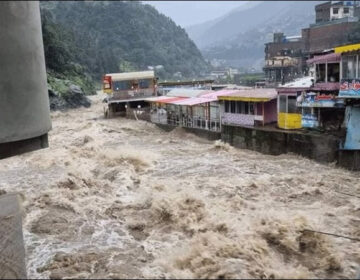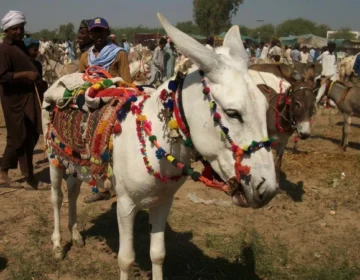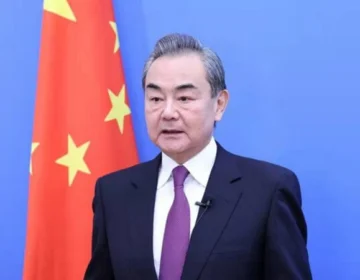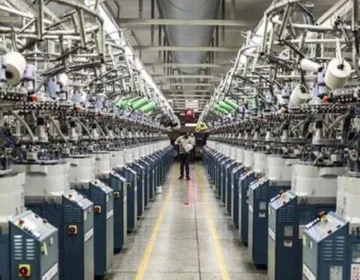In a groundbreaking move to revolutionize Pakistan’s agricultural sector and enhance food security, the Land Information and Management System (LIMS) is set to unlock the potential of hundreds of thousands of acres of underutilized land. Spearheaded by a unique public and private sector partnership, the Pakistan Army, in collaboration with the Punjab government, is offering common Pakistanis the opportunity to lease 1000-acre land blocks through LIMS. This ambitious initiative aims to rejuvenate these dormant expanses, paving the way for a brighter future.
But does it truly benefit the common man?
To participate in this transformative project, interested individuals or groups must demonstrate their commitment by depositing an initial security sum of PKR 20 million. Subsequently, a substantial capital investment ranging from PKR 30 to 50 million is needed to develop the land. These financial requirements might appear daunting, especially in a country where the average doctor or engineer earns around PKR 100,000 per month. Even with stringent savings, it would take an individual over a century to accumulate the necessary funds.
It begs the question: is LIMS an opportunity reserved solely for the wealthy?
The answer, while not straightforward, leads us to a more profound understanding of economic dynamics. Schemes like LIMS are essential to materializing projects of this magnitude. However, the crucial question revolves around how LIMS will benefit the common person. While LIMS doesn’t provide smaller land parcels (e.g., 10, 20, or 100 acres), its impact ripples through society.
The true potential of LIMS lies in the hands of those with the means to kickstart the project.
Wealthy investors embarking on this journey will create jobs for skilled individuals, thereby contributing to the nation’s employment landscape. With vast swaths of land undergoing development, thousands of direct job opportunities will emerge, primarily for farmers and laborers. These individuals typically have limited earning alternatives and will see their financial prospects transformed by this initiative.
The ramifications extend far beyond direct employment. Farmers and laborers are intricately linked to various sectors, and as new lands are cultivated, a plethora of opportunities will materialize. Road networks will expand, shops will emerge, hotels, vegetable sellers, and hawkers will establish a foothold, breathing life into previously dormant areas. These changes will positively impact the future of thousands of families, granting them access to stable employment and income sources.
Furthermore, even those who may not have a direct connection to these areas will enjoy indirect benefits. Pakistan is an interconnected economy, and increased production leads to a more prosperous nation. As domestic production thrives, it decreases the need for imports, fostering a healthier balance of payments and a stronger currency. This, in turn, results in cheaper imports, benefiting consumers from all walks of life. Jamila, a middleclass housewife in Multan will have less reason to fret about her grocery budget and his school going boy will find his PlayStation more affordable.
In summary, Pakistan army is facilitating those with the means to invest in the future of the nation. While the financial requirements may seem out of reach for the average Pakistani, the far-reaching effects of this initiative have the potential to uplift and transform society. With direct and indirect benefits touching all segments of the population, LIMS may be the catalyst for a more prosperous and secure future for the common man.
✍🏻️ Saad Atta










